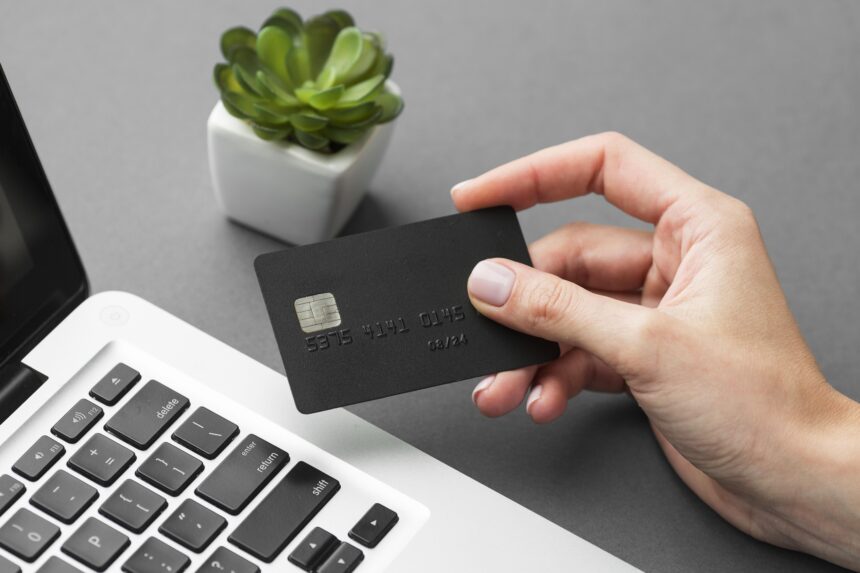Credit cards have become an integral part of our financial lives, offering convenience and flexibility in managing our expenses. However, if not used wisely, credit cards can also lead to high-interest charges that can accumulate and create unnecessary financial burdens. One of the key features of credit cards that can help you avoid interest charges is the grace period. In this article, we will delve into the concept of credit card grace periods and provide you with essential information on how to take full advantage of them.
What is a Grace Period?
A credit card grace period is a period of time during which you can avoid paying any interest on your credit card purchases, given that you pay off the full balance by the due date. It acts as a buffer zone between the time you make a purchase and the time interest begins to accrue on that purchase. Grace periods typically last between 21 and 25 days, but they can vary depending on your credit card issuer and the terms of your specific credit card agreement.
How Does the Grace Period Work?
To benefit from the grace period, you must pay your credit card balance in full by the due date mentioned on your billing statement. If you do so, you won’t be charged any interest on your purchases made during the billing cycle. Essentially, you get an interest-free loan for that period, which is a significant advantage if used wisely.
It’s important to note that grace periods generally apply only to new purchases. Cash advances and balance transfers may not be eligible for a grace period and could start accruing interest immediately. Additionally, if you carry over a balance from the previous billing cycle, interest charges may apply to the outstanding amount right away, without any grace period.
Tips to Make the Most of Your Grace Period:
- Understand your credit card terms: Each credit card issuer may have different terms and conditions regarding grace periods. Review your credit card agreement or contact your card issuer to fully understand the grace period specific to your card.
- Pay your balance in full: To avoid interest charges, always strive to pay your credit card balance in full before the due date. By doing so, you can take advantage of the interest-free period and avoid accumulating unnecessary debt.
- Track your billing cycle: Keep track of your credit card billing cycle to ensure you have enough time to pay your balance before the due date. Late payments can result in the forfeiture of the grace period and trigger interest charges.
- Utilize automated payments: Setting up automatic payments can help ensure you never miss a payment and maintain your grace period consistently. Be sure to monitor your statements regularly to catch any errors or fraudulent charges.
- Plan your purchases strategically: Understanding your billing cycle can help you plan your purchases more strategically. If you time your purchases at the beginning of your cycle, you’ll have the maximum amount of time to pay off your balance before interest accrues.
- Avoid cash advances: Cash advances usually do not have a grace period and can incur high-interest charges immediately. It’s best to avoid cash advances unless it’s absolutely necessary.
Final Thoughts
Credit card grace periods can be a valuable tool to manage your finances and avoid interest charges. By paying off your balance in full before the due date, you can take advantage of the interest-free period and make the most of your credit card benefits. Remember to review your credit card agreement and stay vigilant about your billing cycle to ensure you utilise the grace period effectively. With responsible credit card usage, you can enjoy the convenience of credit cards without falling into the trap of high-interest debt.










